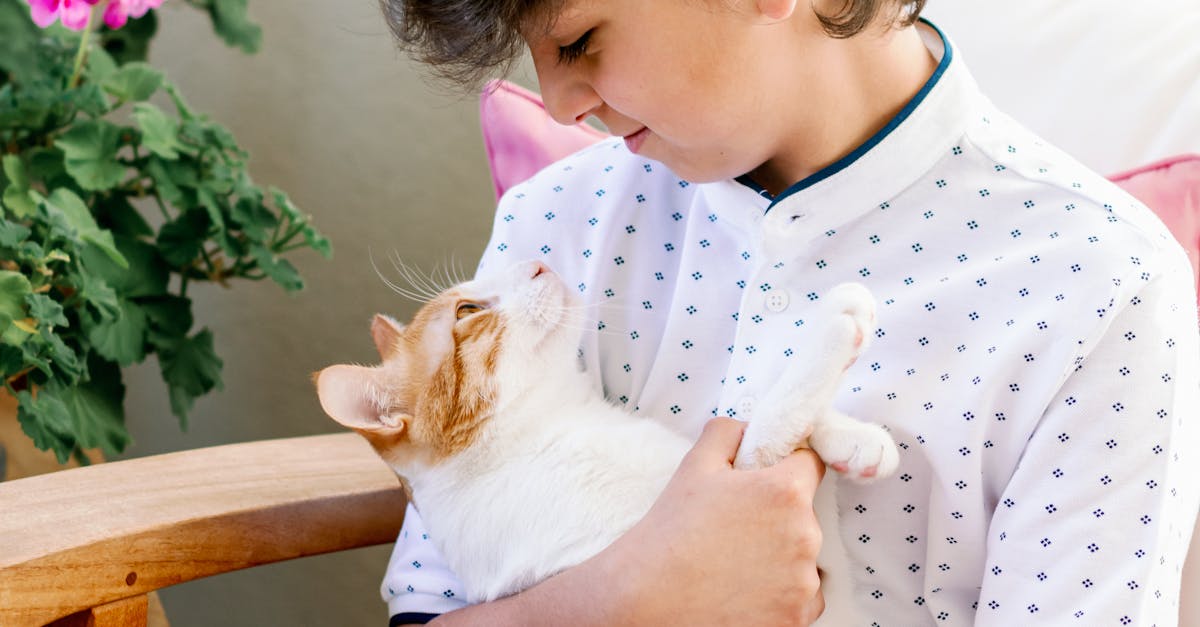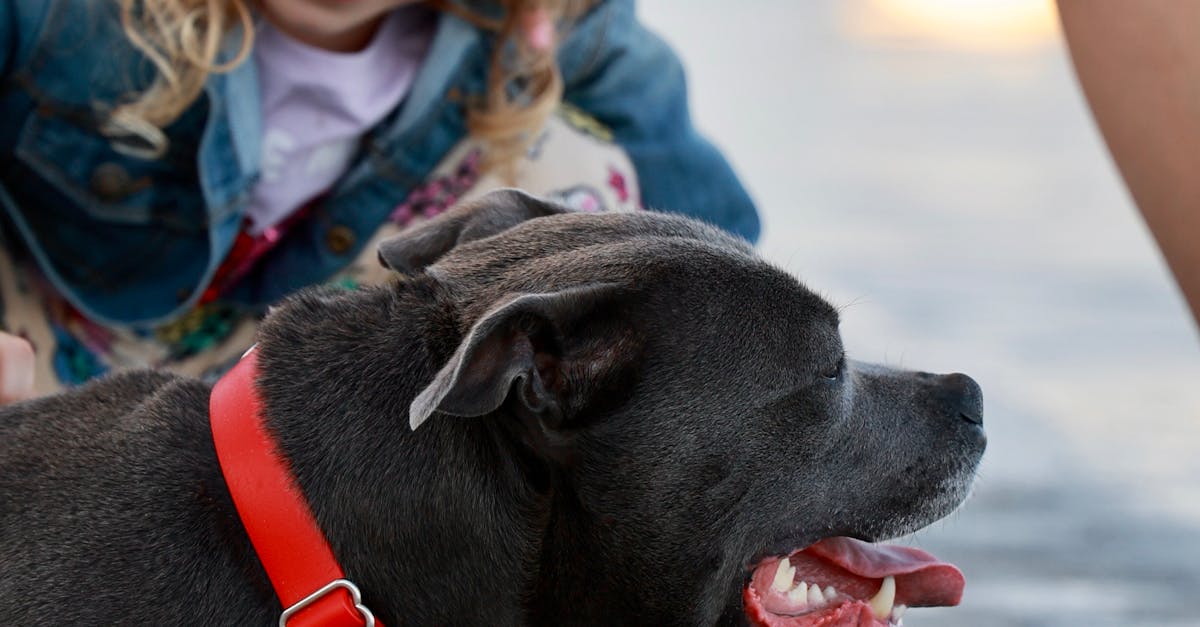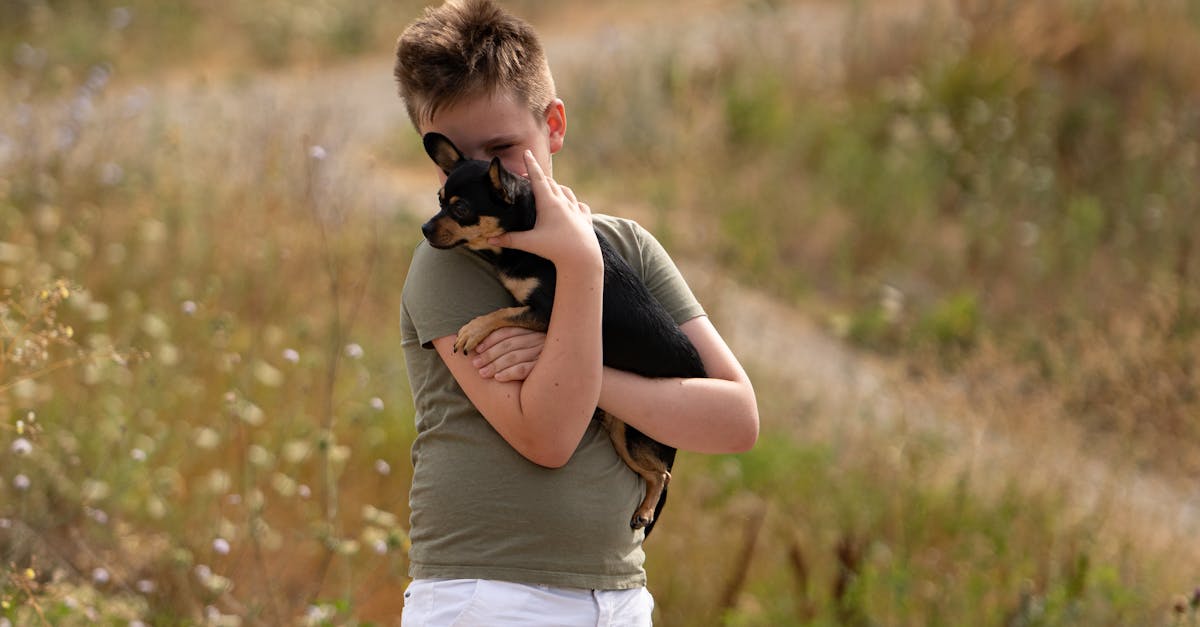The Unexpected Joy of Pets
I’d never have guessed that a simple decision to bring a pet into our home would transform our lives so profoundly. If you’re like me, you might have often wondered about the impact of pets on children. From my point of view, the changes have been nothing short of magical. Picture this: a home filled with laughter, responsibility, and unconditional love—all thanks to our furry friends.
The Bond That Changes Everything
I’ve often thought about the bond between children and pets. It’s no surprise that this connection can be incredibly powerful. Studies show that children who grow up with pets tend to develop stronger empathy and social skills. Personally, I’ve found that my children have become more compassionate and responsible since we adopted our dog, Max.
Benefits of Having Pets for Children
- Emotional Support: Pets provide a non-judgmental listening ear and a comforting presence.
- Responsibility: Caring for a pet teaches children about responsibility and routine.
- Physical Activity: Pets encourage children to be more active, promoting a healthier lifestyle.
- Social Skills: Interacting with pets can improve a child’s social interactions and confidence.
A Day in the Life with Max
Here’s a funny thing: the other day, Max did something surprising. He managed to open the kitchen door and sneak into the pantry. My kids were in stitches, and it turned into a lesson about securing food and understanding Max’s cleverness. This incident made me realise how pets can turn everyday moments into valuable learning experiences.
Real-Life Stories: The Impact of Pets
One time, my daughter was feeling down after a tough day at school. Max sensed her mood and snuggled up to her, offering silent support. It’s fascinating how pets can intuitively understand our emotions and provide comfort when we need it most. Speaking from experience, these moments create a deep bond that’s hard to describe but easy to cherish.
The Science Behind the Bond
It’s common knowledge that pets can have a positive impact on our mental health. Studies show that interacting with pets releases oxytocin, the “love hormone,” which promotes feelings of happiness and reduces stress. From my point of view, this scientific backing only reinforces what I’ve observed in my own life.
The Role of Pets in Child Development
- Cognitive Development: Engaging with pets can stimulate a child’s curiosity and learning.
- Emotional Intelligence: Pets help children understand and express their emotions better.
- Social Interaction: Pets can act as social catalysts, helping shy children open up.
Overcoming Challenges Together
I’ve come to realise that having a pet isn’t just about the good times. There are challenges too, like the time Max fell ill. It was a tough period, but it taught my children about compassion and the importance of caring for others, even when it’s difficult. You might relate to this if you’ve ever had a pet go through a rough patch.
Practical Tips for Integrating Pets into Your Family
- Choose the Right Pet: Consider your family’s lifestyle and the pet’s needs.
- Set Clear Responsibilities: Assign tasks to each family member to share the workload.
- Educate Your Children: Teach them about proper pet care and respect for animals.
- Create a Routine: Establish a daily routine for feeding, walking, and playing with your pet.
The Unseen Benefits
Now that I think about it, there’s something to be said for the unseen benefits of having pets. They teach children about life’s cycles, from birth to death, in a way that’s natural and compassionate. This understanding can be a profound lesson in resilience and acceptance.
Emotional Growth and Resilience
- Coping with Loss: Pets can help children understand and cope with loss in a gentle manner.
- Building Confidence: Successfully caring for a pet boosts a child’s confidence and self-esteem.
- Emotional Regulation: Pets can help children learn to manage their emotions more effectively.
My Experience: A Personal Reflection
In my opinion, the decision to bring a pet into our home has been one of the best choices we’ve made. I can’t forget the day we brought Max home; the excitement and joy were palpable. Personally, I’ve found that the presence of a pet has enriched our lives in ways I never anticipated.
The Long-Term Impact
- Lifelong Memories: The experiences and memories created with pets last a lifetime.
- Family Bonding: Pets can bring families closer together through shared activities and responsibilities.
- Life Lessons: The lessons learned from caring for a pet are invaluable and long-lasting.
What’s Next? Taking the First Step
If you’re considering adding a pet to your family, here’s a thought: take the time to research and choose the right pet for your household. You won’t believe the positive changes that can come from this decision. It’s interesting how a small addition to your family can make such a big difference.
Steps to Get Started
- Research: Learn about different types of pets and their needs.
- Visit Shelters: Consider adopting from a shelter to give a pet a second chance.
- Prepare Your Home: Make sure your home is pet-friendly and safe.
- Involve Your Children: Let your children be part of the decision-making process.
The Joy of Unconditional Love
From my point of view, the unconditional love that pets offer is unparalleled. It’s a joy to see my children form such strong bonds with Max, and I’ve come to realise that pets truly are the missing piece in our lives. I’d like to share that this journey has been filled with laughter, learning, and love.
Final Thoughts
In my own life, having a pet has brought immense joy and countless benefits. If you’re contemplating whether a pet might be the missing piece in your child’s life, I encourage you to take the plunge. The rewards are immeasurable, and the memories you create will be cherished forever.
Thank you for joining me on this journey through the wonderful world of pets and their impact on children. If you’ve had similar experiences or have any questions, feel free to share them in the comments below. 🐾
Note: This blog post is based on personal experiences and general observations. For specific advice, please consult a professional.













